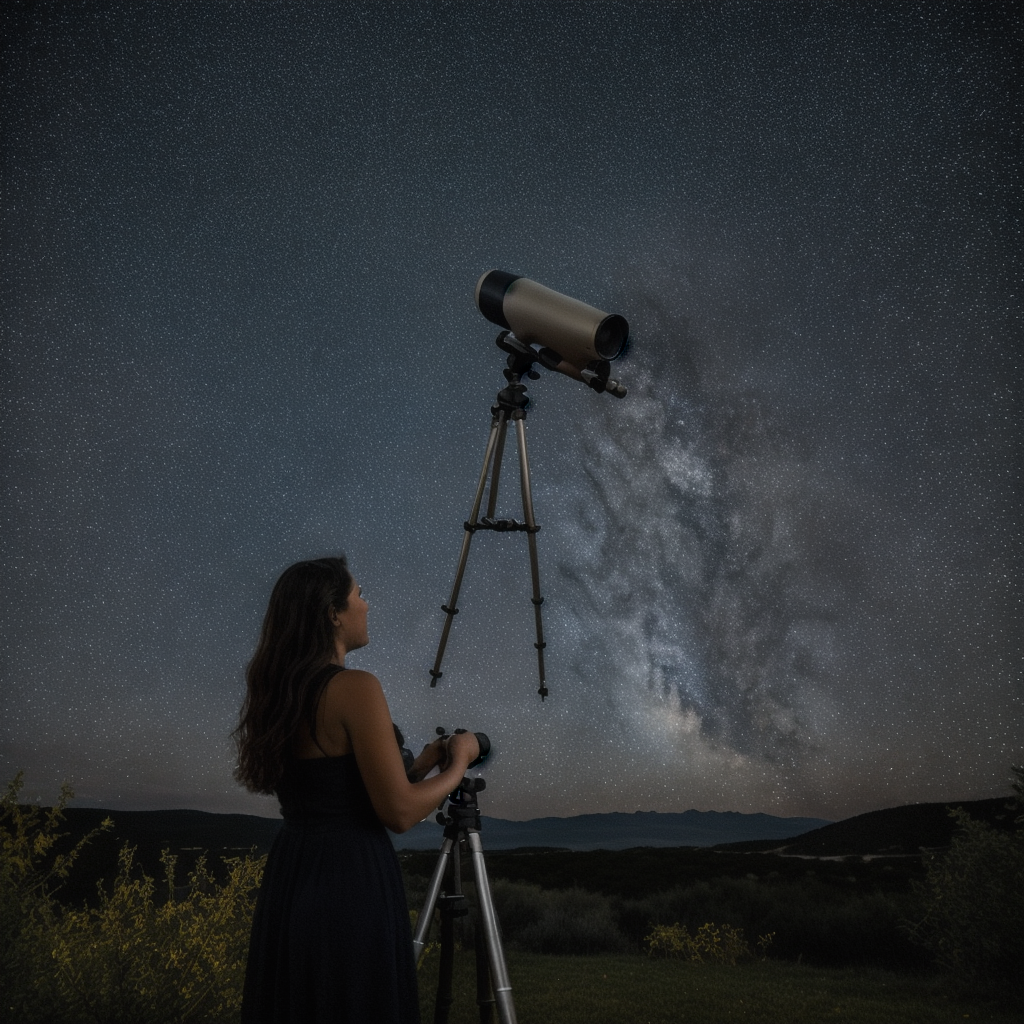
Forget Pokemon, Let’s Go Planet Hunting!
Key Points
– Planet hunting isn’t only for PhD holders; citizen science creates open opportunities for all.
– Dr. Christiansen, the project scientist on NASA’s Exoplanet Archive, leads the charge in inviting everyday Jane and Joes to participate in planet hunting.
– Exoplanet hunting isn’t a sci-fi fantasy anymore, it’s the reality of the 21st century.
– Pro-am scientific collaborations can result in monumental discoveries.
– Amateur astronomers use the same data from space telescopes, like TESS, exactly like professional astronomers do.
– Citizen scientists have a big role in achieving the mission of discovering the universe’s unknown.
Let’s Everyone Be A Planet Hunter
It cant be denied anymore, we’re living in the age of citizen science. And in all seriousness, who wouldn’t want to play a part in discovering a new world (or two)? With the doors widely swung open by NASA’s Exoplanet Archive project scientist, Dr. Christiansen, planet hunting – once the exclusive domain of astrophysics PhDs – is now a hobby open to all.
Taking his belief in democratizing planet hunting to the next level, Dr. Christiansen ensures that, newbie or pro, anyone can have access to the universe’s secrets with a few clicks. Did you know, for instance, that schoolchildren found an exoplanet last year? If that can’t urge you to abandon Netflix for NASA, I don’t know what will!
Advances in technology and the growth of collaboration platforms have made it easier than ever. You won’t need a Patrick Moore-sized backyard telescope either. The data used by amateur astronomers are the same as those used by professionals, sourced directly from space telescopes, like the Transiting Exoplanets Survey Satellite (TESS). You’ll get the same thrill using the same data sources as the pros.
What might look like an ordinary dot or a line through your amateur lens could be a discovery that will rewrite human understanding of exoplanets. Several citizen scientists have made their mark, proving the sky isn’t just the limit for the professionals. Case in point: the discovery of an Earth-sized exoplanet in the habitable zone, or the ‘Goldilocks Zone’, was partially credited to some dedicated citizen scientists.
The reality of space exploration that we’re living now seemed only possible through the lens of science fiction back in our grandparents’ day. Today, not only are space exploration and exoplanet hunting absolutely real, but they’ve also become more multifaceted and democratic — thanks largely to citizen scientists’ contributions.
Hot Take
Thinking about this invitation to join the ranks of planet hunters and space explorers fired up the nerdy parts of me. Maybe because it’s no longer about passively looking up at the stars; we’re now able to actively reach out and touch (albeit digitally) a universe that has been such an enigma for so long.
The democratization of space is not only about finding new worlds. It’s about making our world a little bigger and more informed. By including a wider scope of folks in the endeavor, we’re creating a collaborative environment that allows for complementary perspectives — a cosmopolitan cosmos, if you will. If we want to continue to explore outside our known universe, innovation has to come from every angle, not just the astrophysical ivory tower.
In short, citizen science is the cat’s pajamas. You don’t need a sky lab to comprehend the cosmic alleyways. All you need is curiosity and the audacity to venture into uncharted cosmic frontiers. So, turn off your sitcom marathon (just for awhile), log onto NASA’s Exoplanet Archive, and project yourself to the future of scientific democracy where labels have no meaning. Who knows, you might just find yourself bounding from galaxies to galaxies, marching to the beat of your own space exploration. Just a little food for thought as we jet into this brave and inclusive new era of exploration.